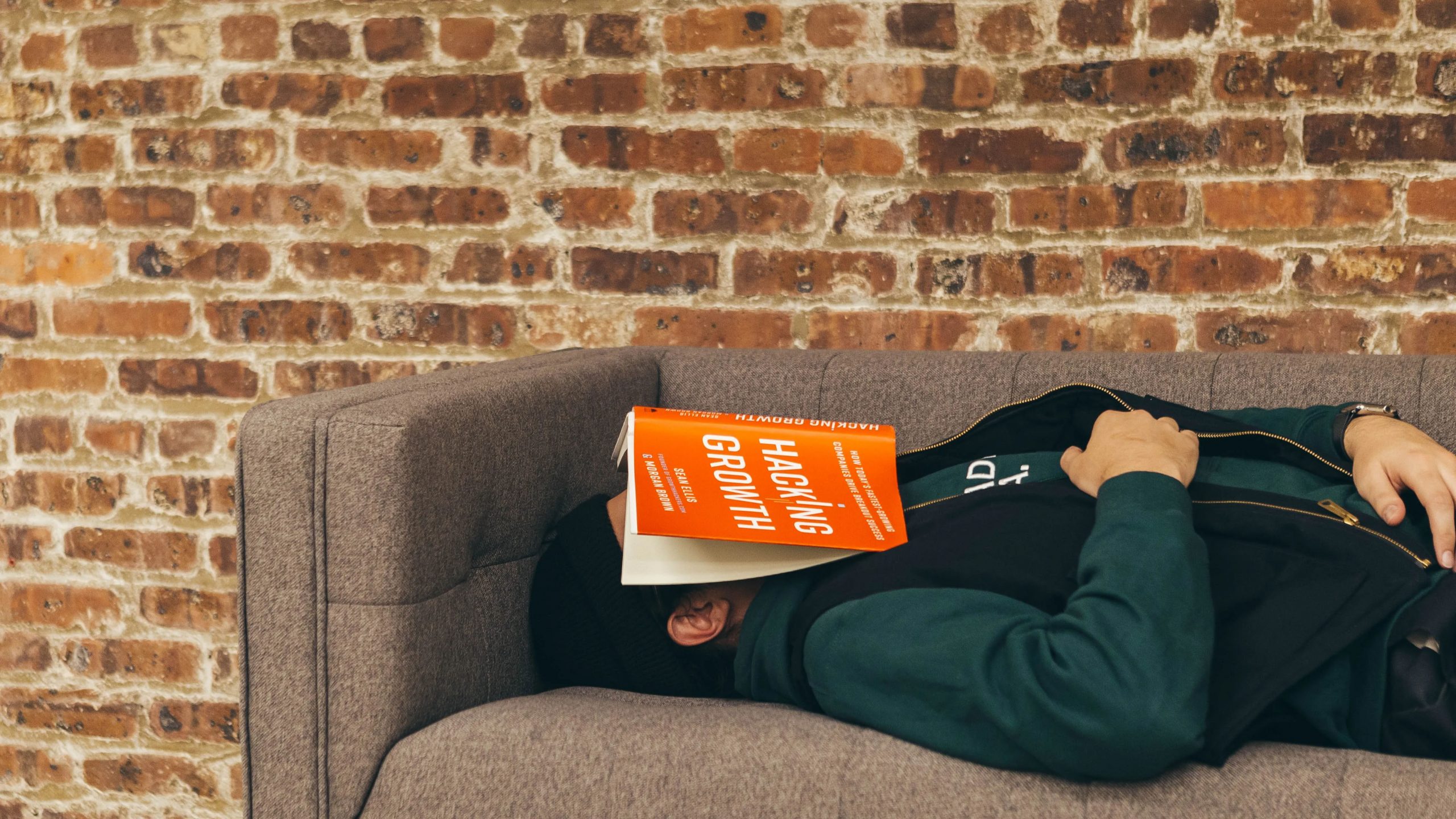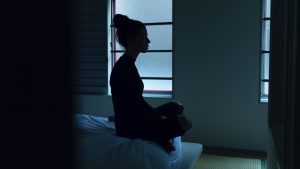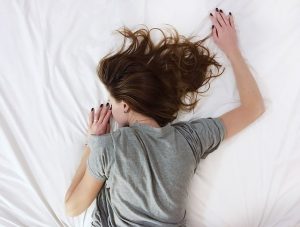It’s time to face the nightmares we are living for years. Sleep is certainly the most essential part of our health, still, there are plenty of misunderstandings around it, which harm us in the long run. So here we are, giving you a wake-up call and debunking some of the most common sleeping myths of all time.
Also Read | Thigh-high slit: Wear this trend like a Bollywood celebrity
You can easily catch up on sleep
This is not true at all. If you are chronically sleep-deprived, don’t expect a long nap to pay you back because it’s going to make you feel even worse. A Harvard Medical School research says that people who sleep an extra ten hours to compensate for sleeping six hours a night for two weeks have poorer focus than if they’d pulled an all-nighter and not slept at all.
Laying in bed with closed eyes will make you fall asleep
Well, closing your eyes and trying to fall asleep is not the best way to nap. A CNN report says that a healthy sleeper takes about 15 minutes to fall asleep. If you are turning and tossing more than that, you should probably open your eyes and get out of bed or try creating a good sleep environment.
Also Read | Oscars 2021: A look back at Priyanka Chopra’s stunning Academy Awards styles
You can train your body to adapt to less sleep
If you think your body and brain have adjusted to less than six hours of sleep, you are most probably fooling yourself. Several studies conducted over the years show that immune function, concentration, energy levels, appetite, testosterone levels and reaction time tank with regular sleep debt.
Having a sleep schedule doesn’t matter
Your body has a biological clock and you function according to that. The clock controls all the hormones, body temperature, digestion and sleep-wake cycles. Hence, having a sleep schedule matters. If you are out of sync with your biological rhythm, you’ll eventually have an increased risk of heart disease, ulcers, depression, obesity and certain cancers.
Also Read | No Smoking Day: Know pros and cons of chewing nicotine gums
Snoozing your alarm is not okay
No, hitting that snooze button is not okay. When your alarm goes off the first time, your body is probably nearing the end of its last Rapid Eye Movement (REM) sleep cycle. Unfortunately, after snoozing the alarm, your body goes back to sleep and falls into a new REM cycle. Now, when the alarm buzzes again a few minutes later, you’ll be in the middle of that cycle, which will make you groggy and you’ll stay that way longer.






